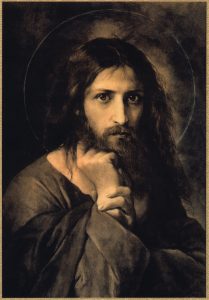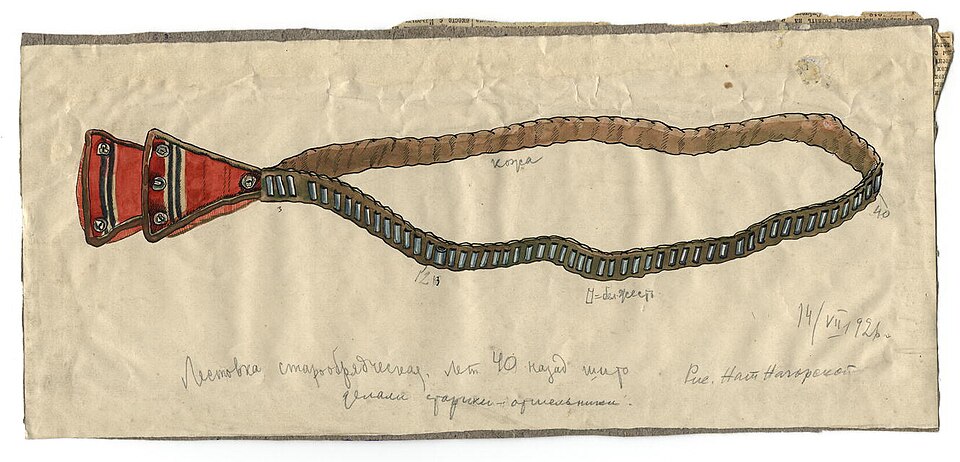The twenty-fourth chapter of the Gospel of St. Luke, beginning with verse thirteen, recounts an event that occurred on the first day of the week following the crucifixion and burial of our Lord. Two of Jesus’ disciples were walking to a village called Emmaus, discussing the recent events that had unfolded—Jesus’ death, His burial, and the strange reports of His resurrection that had begun to circulate. As they journeyed, a stranger approached and began walking with them, but they did not recognise Him. The stranger engaged them in conversation, asking them what they were discussing, and then began to open the Scriptures, showing them how the life, death, and resurrection of Jesus had been foretold by the Prophets. Upon reaching the village, the disciples invited the stranger to stay with them, and during the breaking of bread, their eyes were opened, and they recognised Him. However, He immediately vanished from their sight. In awe and joy, they immediately returned to Jerusalem to share the good news with the other disciples who had gathered there.
Continue reading
When God brought His Firstborn into the world, he said: Let all angels of God worship him. (Heb. 1:6)

-
Recent
Resources
Verse of the Moment
Psalm 110:1 (LXX): I will confess Thee, O Lord, with my whole heart, in the council of the upright and in the congregation.
